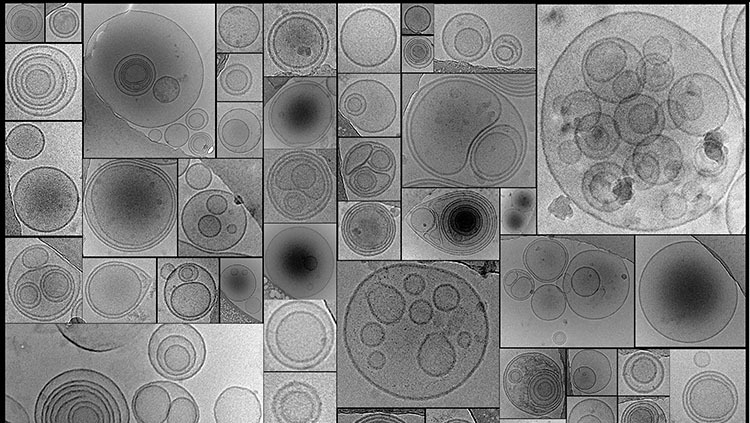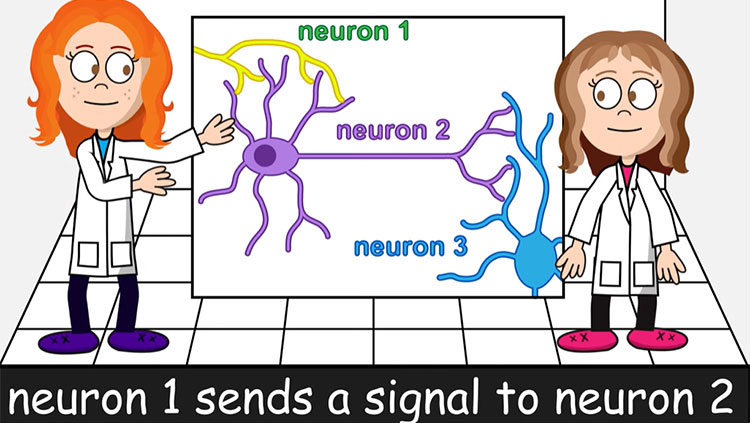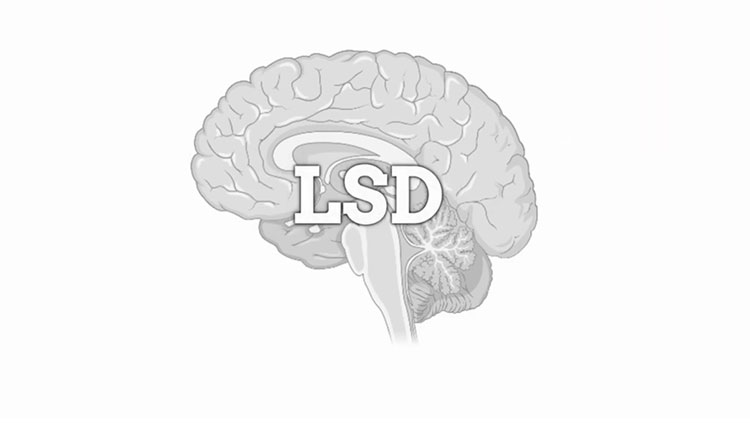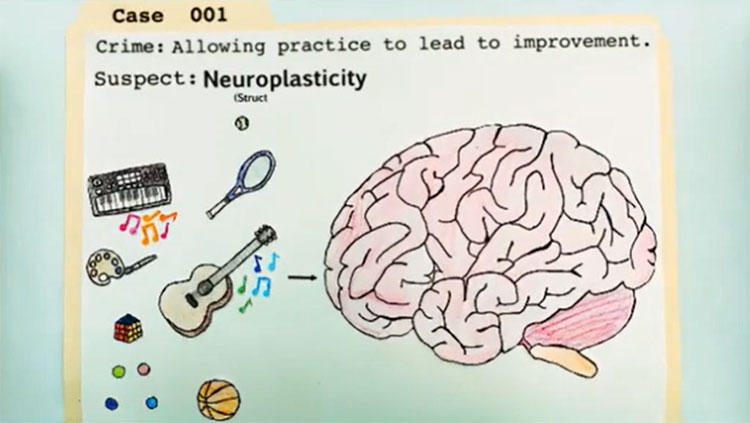Lighting Up the Synapses
- Published19 Jun 2015
- Reviewed19 Jun 2015
- Author Michael W. Richardson
- Source BrainFacts/SfN
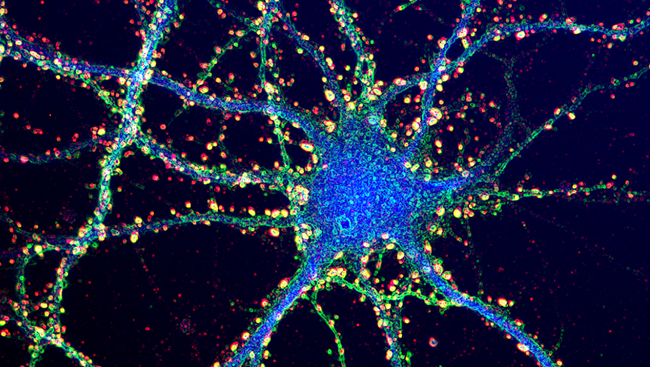
Dendrites — the arms extending from a neuron’s cell body — receive information from other neurons at sites called synapses. Each dendrite can have thousands of synapses, which together form complex circuits that govern brain function. This image shows a neuron from a mouse hippocampus, an area of the brain responsible for memory, with synapses labelled in yellow and red. The proper function of these synapses is critical for brain health, and alterations in synapse shape and function are associated with disorders such as autism spectrum disorder, schizophrenia, and Alzheimer's disease. Scientists are studying how synapses are assembled and maintained to provide more information about the underlying cause of these diseases.
CONTENT PROVIDED BY
BrainFacts/SfN
Also In Cells & Circuits
Trending
Popular articles on BrainFacts.org




